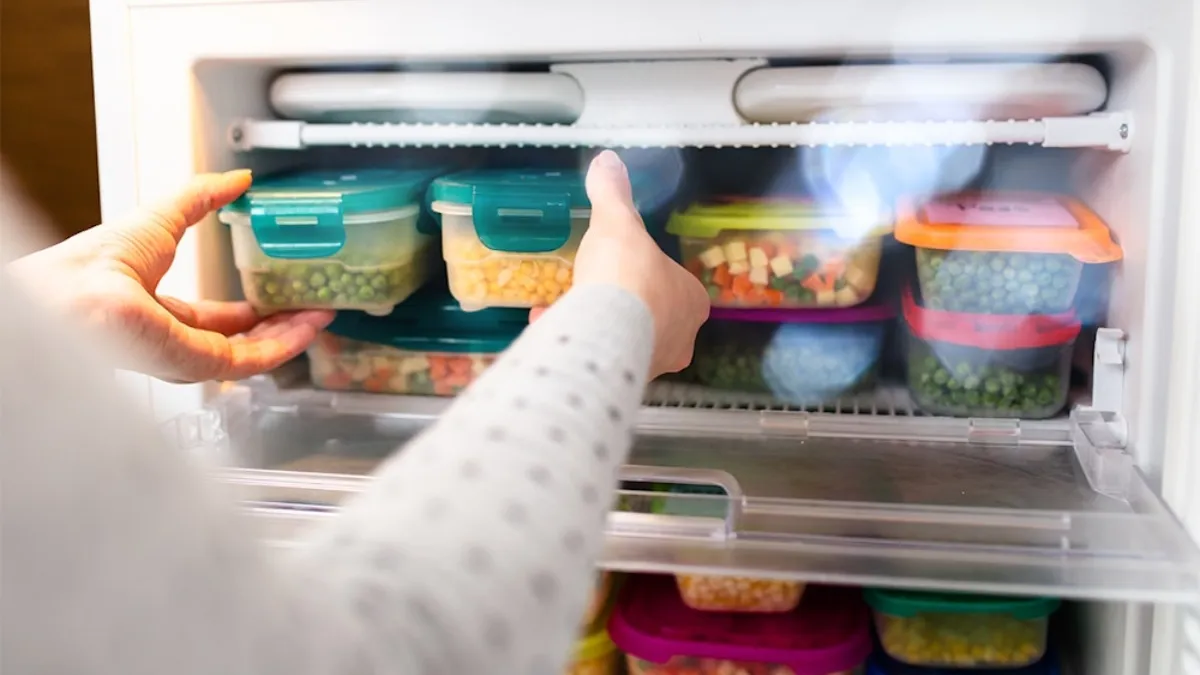Refrigeration is one of the most commonly relied-upon conveniences in modern kitchens. It certainly helps extend the shelf life of food, especially during the hot and sticky monsoon season. However, it isn’t a foolproof method. Not all foods respond the same way to humidity—even when stored inside a refrigerator. Knowing how to store food correctly, what to avoid, and how to judge freshness can go a long way in protecting your digestive health and avoiding discomfort or illness.
How do humidity and refrigeration interact underneath?
According to Nidhi Nahata, a lifestyle coach, although most refrigerators are meant to chill air, they do not remove moisture from it. In areas of great humidity, this might result in condensation within food containers—creating damp conditions favourable for some bacteria and fungus.
Actually, if food is not stored properly, cold and damp surroundings can become excellent breeding grounds for germs. Even if it has only been held for a few days, it's not unusual in monsoon season to discover food decaying in the refrigerator. This is one of the most ignored yet prevalent problems in Indian homes.
Refrigerated does not always guarantee safety
Food's safety is not guaranteed only because it is in the refrigerator. Numerous elements affect how well food is preserved, including:
- Preparation and preservation techniques
- The material of the container employed (plastic as opposed to metal or glass)
- Length of time it has been kept inside the refrigerator
- Either it has been heated once or several times.
It should be noted that refrigeration only slows down bacterial growth; it does not halt it. That's the reason appropriate storage, safe handling, and keen observation are so important.
Simple, health-focused refrigeration safety advice
To maintain the freshness and safety of your refrigerated groceries, here are some simple-to-follow instructions:
- Chill food before storing; allow it to come to room temperature first. Hot cuisine speeds condensation, hence spoilage.
- Choose stainless steel or glass rather than plastic containers to better keep food and stop chemical leaching.
- Avoid congesting the refrigerator since consistent cooling and prevention of uneven spoilage depend on air circulation.
- Label every item with stickers or markers noting the date of storage. This helps one keep track of leftovers and prevent forgotten objects.
- Skip preserving pre-cut vegetables and fruits; they oxidise rapidly, lose nutrients, and may ferment more quickly.
- Keep raw and cooked food apart; this helps to avoid cross-contamination, a frequent but preventable danger.
- Rely on your senses: Although expiration dates help, the aroma, texture, and appearance of food usually provide more precise signs of its condition.
Who should be especially careful?
Particularly cautious should be those with delicate digestion, autoimmune disorders, young children, or elderly relatives. Consuming refrigerated food more than a day or two old—especially if it has been reheated repeatedly—increases their chance of developing foodborne illness or digestive problems.
In short Depending on how carefully it is used, in an environment like ours, it can either benefit or damage. With humidity in the mix, even food that seems good can deteriorate more quickly than expected.
Awareness is the key
Eating freshly cooked food as often as you can, storing food carefully, and paying attention to your body. Modern tools operate best under conventional knowledge: choose freshness, simplicity, and presence at the table.
ALSO READ: Say goodbye to fad diets: Expert debunks 6 common weight loss myths

